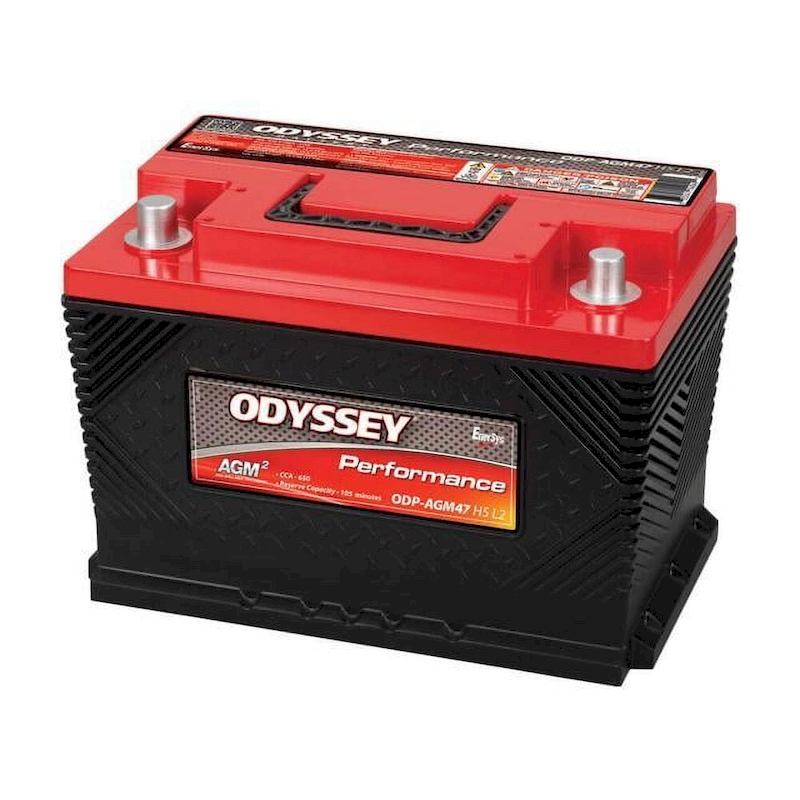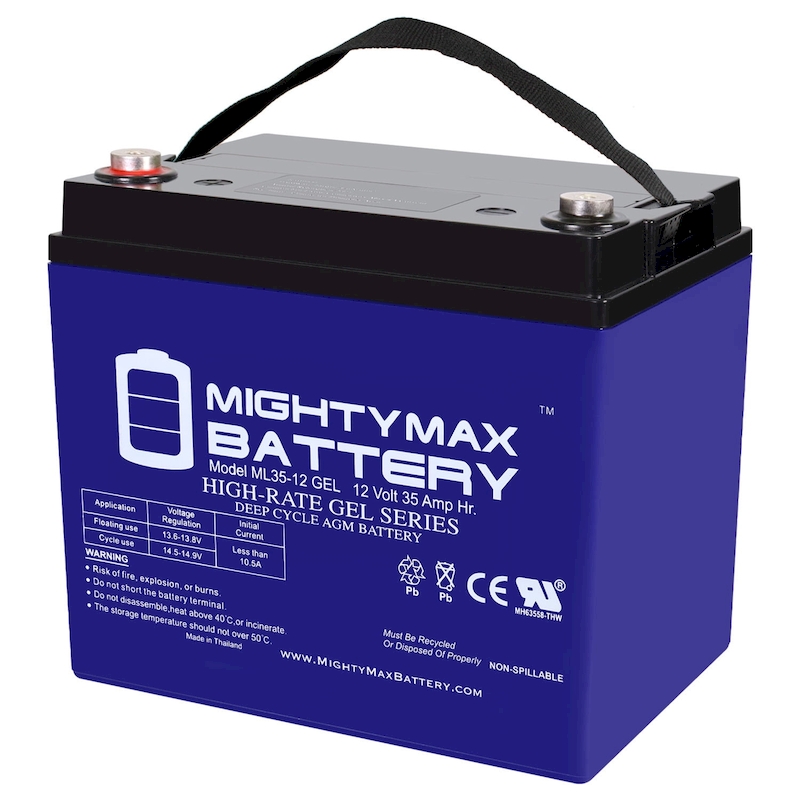When it comes to car maintenance, one issue that frequently arises yet is often misunderstood is battery corrosion. Many vehicle owners might notice a greenish or whitish powdery substance forming around the battery terminals, leading them to wonder: why do car batteries corrode? Understanding the phenomena behind battery corrosion is essential for maintaining both your vehicle’s performance and prolonging the battery’s lifespan. Corrosion can lead to poor electrical connections, decreased battery efficiency, and even battery failure. More importantly, it can be an indication of underlying issues that might need addressing, such as overcharging or improper installation. This comprehensive guide will explore the reasons behind car battery corrosion, the types of corrosion that can occur, methods of prevention and cleaning, and the implications of neglecting this critical aspect of automobile maintenance. In doing so, we aim to equip car owners with the knowledge necessary to ensure their vehicles run smoothly and efficiently.

What is Battery Corrosion?
Corrosion in car batteries refers to the chemical reaction that occurs on the battery terminals, leading to the deterioration of metal components. This occurs primarily due to the effects of moisture, acid, and various environmental conditions.
Chemical Reactions
The primary types of car batteries used today are lead-acid batteries. These batteries produce electrical energy through chemical reactions between lead plates and an electrolyte solution of sulfuric acid. During the battery’s normal operation, hydrogen gas is released, which can lead to the formation of corrosion products on the battery terminals.
Corrosion is typically identified by two common types:
- Lead Sulfate Crystals: These appear as a white, powdery substance on the battery terminals and can occur when the battery is not fully charged or has lain dormant for extended periods.
- Copper Corrosion: If your battery has copper terminals, exposure to acid can cause a greenish-blue particulate called copper sulfate to build up.
Understanding the various forms of corrosion is critical in diagnosing and preventing further damage.
Causes of Battery Corrosion
Understanding why do car batteries corrode requires delving into the factors that contribute to this issue. Several environmental and chemical factors come into play:
- Acid Leaks: One significant cause of corrosion is a leak from the battery itself. If the sulfuric acid inside the battery seeps out, it can react with the metal components, leading to corrosion.
- Overcharging: When a battery is frequently overcharged, it can emit excessive hydrogen gas. This gas can escape and react with moisture in the air, forming corrosive compounds that contribute to terminal degradation.
- Poor Connections: Loose or poorly fitted terminals can create resistance. This resistance can generate heat, which, in turn, leads to corrosion and wear around the connection points.
- Environmental Factors: High humidity, extreme temperatures, and exposure to road salt or grime can all accelerate the corrosion process. If a car is regularly exposed to salty environments, such as coastal areas, corrosion can occur more rapidly.
The Effects of Corrosion on Car Batteries
Neglecting battery corrosion can lead to several undesirable effects on vehicle performance. Understanding these consequences emphasizes the importance of regular battery maintenance.
Reduced Electrical Efficiency
Corrosion creates resistance at the battery terminals, impairing the flow of electricity to the vehicle’s components. This reduces the battery’s ability to deliver the necessary power to the starter motor and ignition system, leading to slow starts or no starts at all.
Shorter Battery Life
As corrosion restricts performance, it leads to increased wear and tear on the battery. Batteries suffering from neglect and corrosion may fail earlier than expected, leading to unexpected breakdowns and costly replacements.

Potential Safety Hazards
If not handled properly, battery corrosion can present safety risks:
- Explosions: In the case of severe excess pressure build-up due to gas accumulation, an explosion can occur, particularly in sealed or poorly maintained batteries.
- Acid Burns: The corrosive nature of the chemical reactions at play can lead to skin or eye irritation for those handling the battery. Acid leaks can also damage car components or surfaces.
Compromise to Electrical Systems
With the battery being a core component of the electrical system, any inefficiency due to corrosion can result in systematic issues, including electrical failures in lights, communication systems, and other electronic vehicle components.
Indicators of Corrosion
Identifying the signs of battery corrosion can help you determine if your vehicle needs immediate attention. Keeping an eye out for certain indicators can help you catch problems early.
Visual Signs
The first sign of corrosion is typically visible to the naked eye. You may observe:
- White or Green Residue: As mentioned, lead sulfate crystals may appear as a white powder, while copper corrosion can manifest as a blue-green powdery substance around terminals.
- Damaged Terminals: Check for any visible damage or crumbling around the terminal connections. Frail or falling apart terminals can be a sign of advanced corrosion.
Performance Issues
If your vehicle is exhibiting performance issues, it may indicate that corrosion is affecting the battery:
- Trouble Starting: If you’ve encountered slow or intermittent starting, it could point to electrical resistance caused by corrosion.
- Dim Lights: Dimming headlights or dashboard lights can suggest that the battery isn’t providing enough power due to corrosion.
Testing for Corrosion
A voltmeter can help determine the battery’s health.
- Testing Voltage: A healthy car battery typically shows around 12.6 volts. If the reading is significantly lower, it may indicate problems, including corrosion affecting the terminals.
- Conducting Load Tests: A load test can reveal the efficiency of the battery under working conditions. A decline in performance during the test may warrant an inspection for corrosion.
Preventing Battery Corrosion
Preventative measures can significantly prolong the life of your car battery and its terminals. Here are some effective practices to avoid battery corrosion:
Regular Inspection
Routine battery inspections are vital in identifying early signs of corrosion. Set a schedule to check your battery every few months and keep an eye out for visible residue or loose connections.
Proper Cleaning
Regular cleaning of the battery terminals is essential to prevent buildup.
- Cleaning Materials: Use a mixture of baking soda and water to create a paste. Apply it to the corroded areas with a brush to neutralize acids and remove buildup.
- Rinsing and Drying: After cleaning, rinse with clean water and dry thoroughly to ensure no residue remains.
Using Quality Connectors
Investing in high-quality battery terminals can make a difference. Anti-corrosive terminals or those coated with protective materials can help reduce the likelihood of corrosion forming.
Appropriate Charging Practices
Proper battery using and charging practices can minimize the risk of corrosion.
- Avoid Overcharging: Ensure that your car’s battery charger has an automatic cutoff to prevent overcharging.
- Periodic Charging: If your vehicle is not used regularly, consider keeping the battery on a trickle charger to maintain proper charge levels without risk of overcharging.
Protection from Elements
Shielding your battery from the elements can help:
- Park in Garage or Shade: Keeping your vehicle out of direct sunlight and moisture can reduce humidity exposure.
- Use Battery Covers: If parking outdoors, consider using a battery cover to protect terminals from moisture and debris.
Cleaning and Repairing Corroded Batteries
Why do car batteries corrode? If corrosion has already set in, addressing it promptly is essential to prevent further degradation. Here’s how to safely clean and restore your battery terminals.
Tools You Will Need
Gather essential tools before beginning the cleaning process:
- Baking soda
- Water
- A wire brush or toothbrush
- A wrench (to disconnect terminals)
- Safety goggles and gloves
Step-by-Step Cleaning Process
Follow these steps for effective cleaning:
- Disconnect the Battery: Safety first! Disconnect the negative terminal followed by the positive terminal to avoid any electrical shorts.
- Create a Cleaning Solution: Mix a tablespoon of baking soda with water to create a paste.
- Apply the Paste: Using a brush, apply the paste to the corroded areas, including terminal posts and cable clamps. This neutralizes acid and loosens corrosion.
- Scrub and Rinse: Gently scrub the area until clean, then rinse with water to remove all baking soda residue.
- Dry Thoroughly: Ensure the area is dry before reconnecting any terminals.
Checking for Damage
After cleaning, inspect the battery and cables for damage. If you find cracks or significant wear, it may be time for a replacement.
- Replace Cables as Needed: If battery cables are heavily corroded or frayed, replace them to ensure a reliable connection.
When to Seek Professional Help
While many battery maintenance tasks can be performed at home, there are instances when seeking professional assistance is recommended.
Persistent Corrosion
Why do car batteries corrode? If corrosion continues to reappear after proper cleaning, it may indicate a larger issue, potentially due to a battery leak or other underlying problems. A mechanic can conduct a more thorough inspection to uncover the cause.
Battery Performance Issues
Noticing excessive battery drain, poor performance, or persistent issues with starting may require professional diagnostics. A specialized technician can use advanced tools to determine if the battery is functioning correctly or if there are deeper electrical issues at play.
Replacement Needs
If your battery has aged beyond its expected lifespan, or if the corrosion is too severe to address, consider consulting a professional for replacement recommendations. Ensuring you have the right battery specifications and installation can prevent future corrosion problems.

Conclusion: Keeping Your Battery Healthy and Corrosion-Free
Understanding why do car batteries corrode is crucial for maintaining your vehicle’s efficiency and longevity. Corrosion is not merely an aesthetic issue; it can significantly affect your battery performance and, consequently, the reliability of your vehicle. By recognizing the signs of battery corrosion, understanding the factors that contribute to it, and adopting effective prevention and maintenance practices, you can enhance not only your car’s performance but also your peace of mind.
Regular inspections, proper cleaning, and using quality materials can go a long way toward ensuring that your battery remains in top condition. As you incorporate these practices into your vehicle maintenance routine, you’ll be better equipped to handle any potential corrosion issues before they escalate. Ultimately, maintaining a corrosion-free battery is a pivotal aspect of responsible car ownership, bringing you closer to a seamless driving experience.


